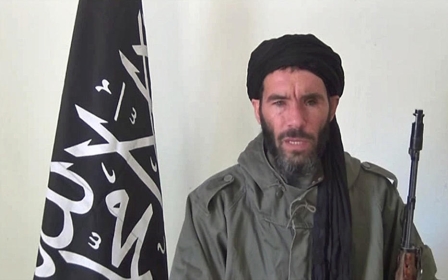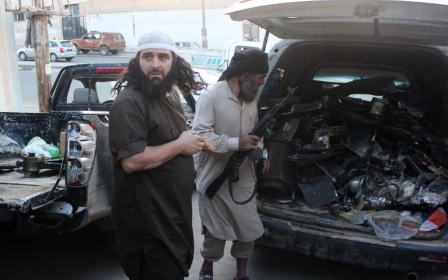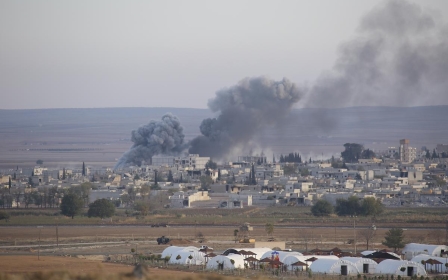US airstrike kills IS operative in Iraq: Official

WASHINGTON - A US airstrike in northern Iraq has killed an Islamic State (IS) operative who was a person of interest in the 2012 Benghazi attack, the Pentagon said Monday.
Pentagon spokesman Colonel Steve Warren said Tariq bin al-Tahar bin al-Falih al-Awni al-Harzi of Tunisia was killed in Mosul on 15 June.
The US Treasury and the State Department had designated him as a "terrorist" operating for or on behalf of IS.
"His death degrades ISIL's ability to integrate North African jihadists into the Syrian and Iraqi fight and removes a jihadist with long ties to international terrorism," Warren said.
Harzi was considered a person of interest in the militant attack on the US mission in the eastern Libyan city of Benghazi on 11 September 2012, that killed the American ambassador and three other Americans.
The fighter was also said to operate closely with IS-affiliated militants throughout North Africa and the Middle East.
In its designation of Harzi as a "terrorist" in September, the US Treasury described Harzi as a "high-profile" member of IS, which has seized large swathes of Iraq and Syria.
It said he raised funds for the group, as well as recruited and facilitated the travel of IS fighters since 2013.
Harzi was considered one of the first people to join the group as a fighter, and was named "emir" for the border region between Syria and Turkey, and helped facilitate the travel of Europeans to Syria via Turkey, including from Albania, Britain and Denmark.
The Treasury said Harzi had arranged for IS to receive about $2 million from a Qatar-based financial facilitator in September 2013 who required that he only use the funds for military operations.
It said he led foreign operations for IS in mid-2013 and had ordered individuals to plan a major operation targeting a commander of the UN mission in Lebanon (UNIFIL).
One year after the launch of an offensive against Islamist militias in Benghazi, more than 1,700 people are estimated to have been killed and the capital of the 2011 revolution is reeling from near-daily clashes and shortages.
Middle East Eye propose une couverture et une analyse indépendantes et incomparables du Moyen-Orient, de l’Afrique du Nord et d’autres régions du monde. Pour en savoir plus sur la reprise de ce contenu et les frais qui s’appliquent, veuillez remplir ce formulaire [en anglais]. Pour en savoir plus sur MEE, cliquez ici [en anglais].




